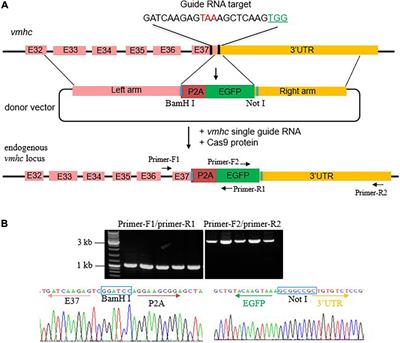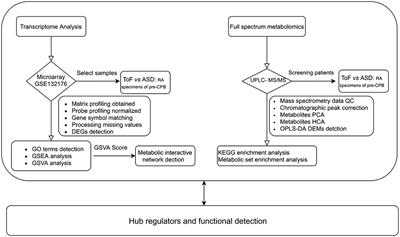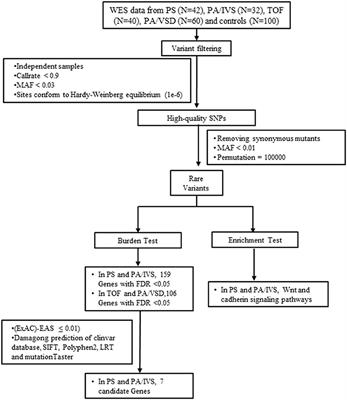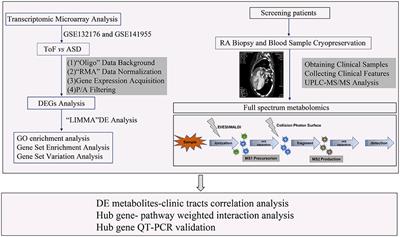ORIGINAL RESEARCH
Published on 05 Apr 2022
An EGFP Knock-in Zebrafish Experimental Model Used in Evaluation of the Amantadine Drug Safety During Early Cardiogenesis

doi 10.3389/fcvm.2022.839166
- 2,092 views
- 2 citations
5,997
Total downloads
16k
Total views and downloads
Select the journal/section where you want your idea to be submitted:
ORIGINAL RESEARCH
Published on 05 Apr 2022

ORIGINAL RESEARCH
Published on 31 Jan 2022

ORIGINAL RESEARCH
Published on 24 Jan 2022

ORIGINAL RESEARCH
Published on 13 Jan 2022

ORIGINAL RESEARCH
Published on 20 Dec 2021

ORIGINAL RESEARCH
Published on 15 Dec 2021


Frontiers in Cardiovascular Medicine